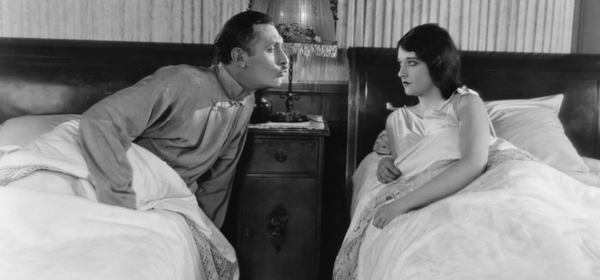No one can blame the US First Lady, Melania Trump, for sleeping apart from her hubby, given his penchant for eating greasy cheese burgers in bed.
And let’s face it, many of us have secretly crept into another room when our partners snored too loudly, tossed and turned too violently or simply hogged the doona.
Increasingly, more couples are shrugging off any perceived stigma and confessing to sleeping in separate beds. After all, bunking down elsewhere from time to time doesn’t mean you have to throw out your sex life entirely.
And waking up on your own and refreshed from a night of uninterrupted sleep could make you a better day-time partner for your better half.
Many couples who report sleeping apart say that rather than ruining their relationships, it has strengthened them.
According to a 2015 National Sleep Foundation survey, 25 per cent of American couples report sleeping in separate beds and 10 per cent say they have separate bedrooms.
A Huffington Post survey revealed that rather than signalling a union was on the rocks, for 12 couples sleeping apart was perfectly normal. Read here to understanding their reasoning.
In fact, there may be evidence that sleeping alone is better for your long-term health. British sleep specialist Neil Stanley believes that if your slumber is regularly interrupted by a restless partner you are more likely to suffer from depression and heart disease.
But there is no denying that there are also emotional health benefits of sleeping close to another familiar human.
So if you do take the plunge and move into a different bed or bedroom, ensure you make the time to stay intimate and connected. Gazing into each other’s eyes or having skin on skin contact is known to lower cortisol levels, keeping you calm and reassured.
Related articles:
What sleeping poorly does
Insomnia and heart failure
Are you sleeping too much?

